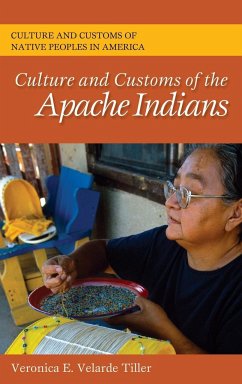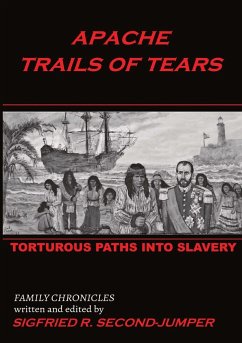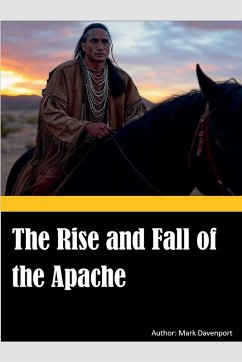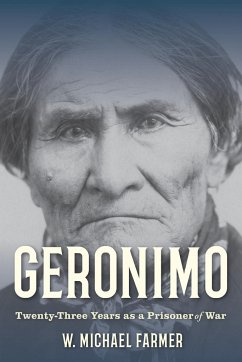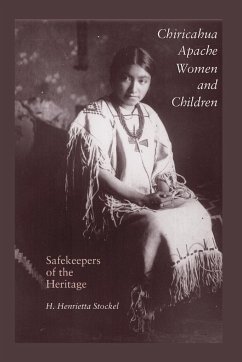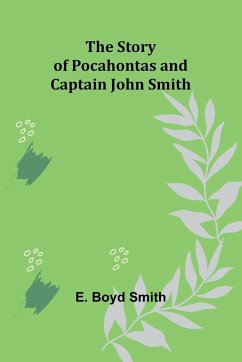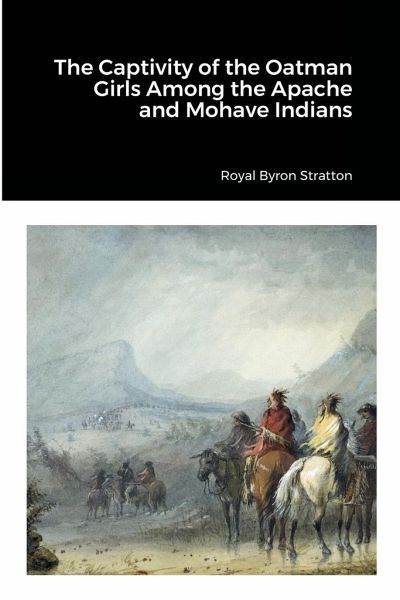
The Captivity of the Oatman Girls Among the Apache and Mohave Indians
Versandkostenfrei!
Versandfertig in 1-2 Wochen
17,99 €
inkl. MwSt.
Weitere Ausgaben:

PAYBACK Punkte
9 °P sammeln!
On the North American continent, Native American tribes carried out abductions against the new European settlers from the time they first set foot on eastern shores. Some of the women taken in the colonial to early American period went on to become respected figures in their new environments, while others lived out their lives as slaves. To steal women from an enemy often brought the same adulation from the collective as the stealing of horses, and abduction initiated by even a single individual brought honor to that person and his family. In the American wilderness, instances occurred wherein...
On the North American continent, Native American tribes carried out abductions against the new European settlers from the time they first set foot on eastern shores. Some of the women taken in the colonial to early American period went on to become respected figures in their new environments, while others lived out their lives as slaves. To steal women from an enemy often brought the same adulation from the collective as the stealing of horses, and abduction initiated by even a single individual brought honor to that person and his family. In the American wilderness, instances occurred wherein the abduction of either horses or human beings was considered essential to survival, if not to pride and manhood. In 1850 a family of settlers heading west from Independence, Missouri found themselves separated from the main wagon train and forced to journey through a desolate stretch of desert alone. Spending the night in a bountiful grove, they were attacked by a roving band of piratical Apaches. Five of the Oatman Family were left for dead while the two youngest girls, Olive and Mary Ann, were taken prisoner and made to traverse over two hundred miles barefoot as the tribe put distance between themselves and the site of the slaughtering. Unbeknownst to Olive and Mary Ann, their brother Lorenzo Oatman had survived the massacre and managed to crawl to safety. While he spent the next five years searching for his sisters, the two girls lived a life of drudgery, forced to subsist on scant rations and take regular beatings as they slaved all day and night for first the Apaches and then the Mohave Indians. It wasn't long before little Mary Ann died of starvation. Olive was scarified (tattooed) around the mouth to permanently mark her as a captive. During her subsequent years of enslavement, Olive witnessed and was subjected to a range of cruelties, including being forced to witness the torture and crucifixion of a fellow captive who attempted to escape. In 1857, pastor Royal Byron Stratton sought out the surviving Oatmans and wrote a book about Olive's story of abduction, survival, and eventual emancipation, turning her tale into a national sensation and his book into a bestseller. This newly revised edition of Stratton's book from The Old Pioneer Press focuses on the story as told by Olive Oatman in the first person. It is a tragic but triumphant tale, one of survival and assimilation, adaptation and perseverance, and, ultimately, salvation.





